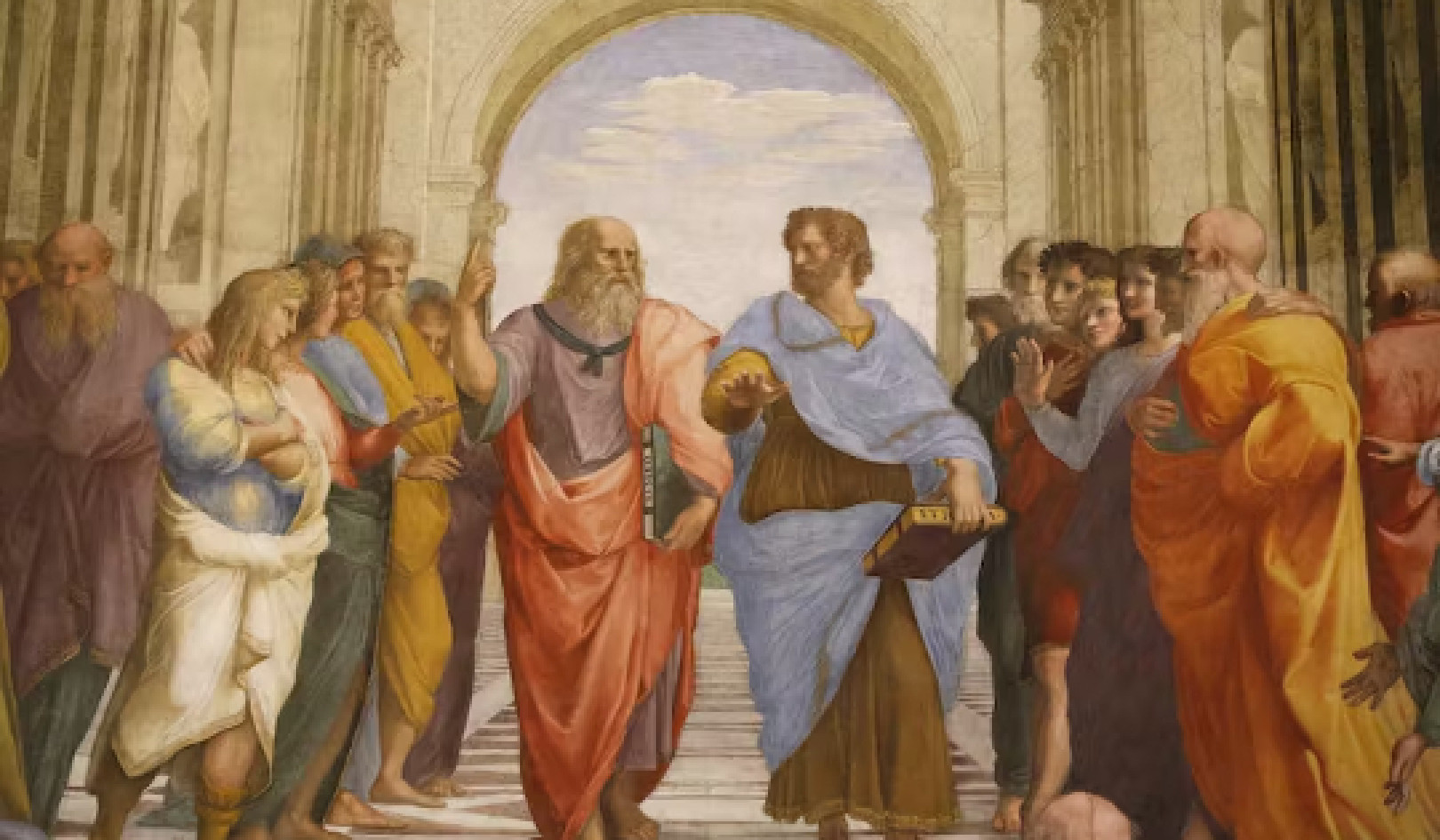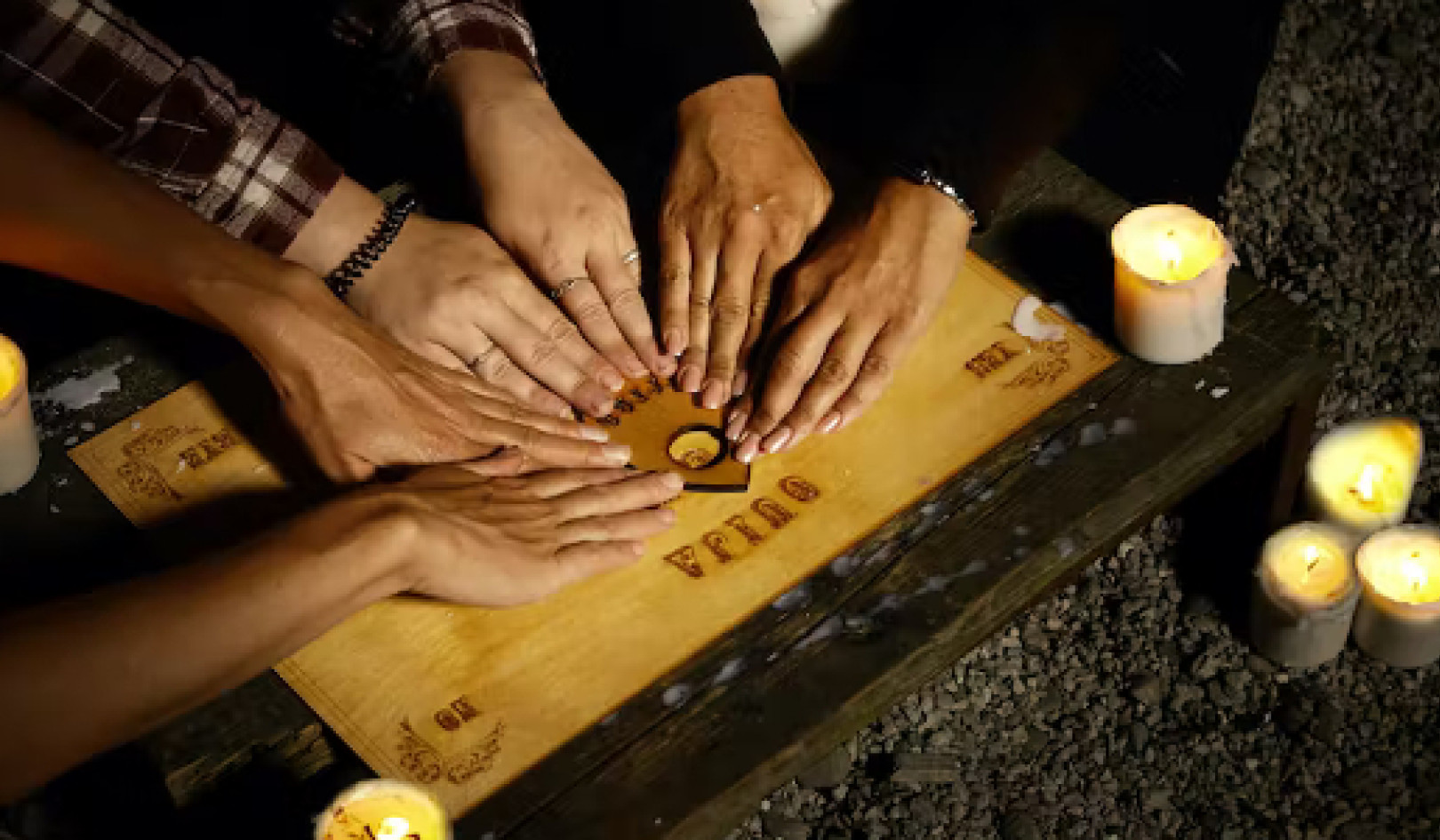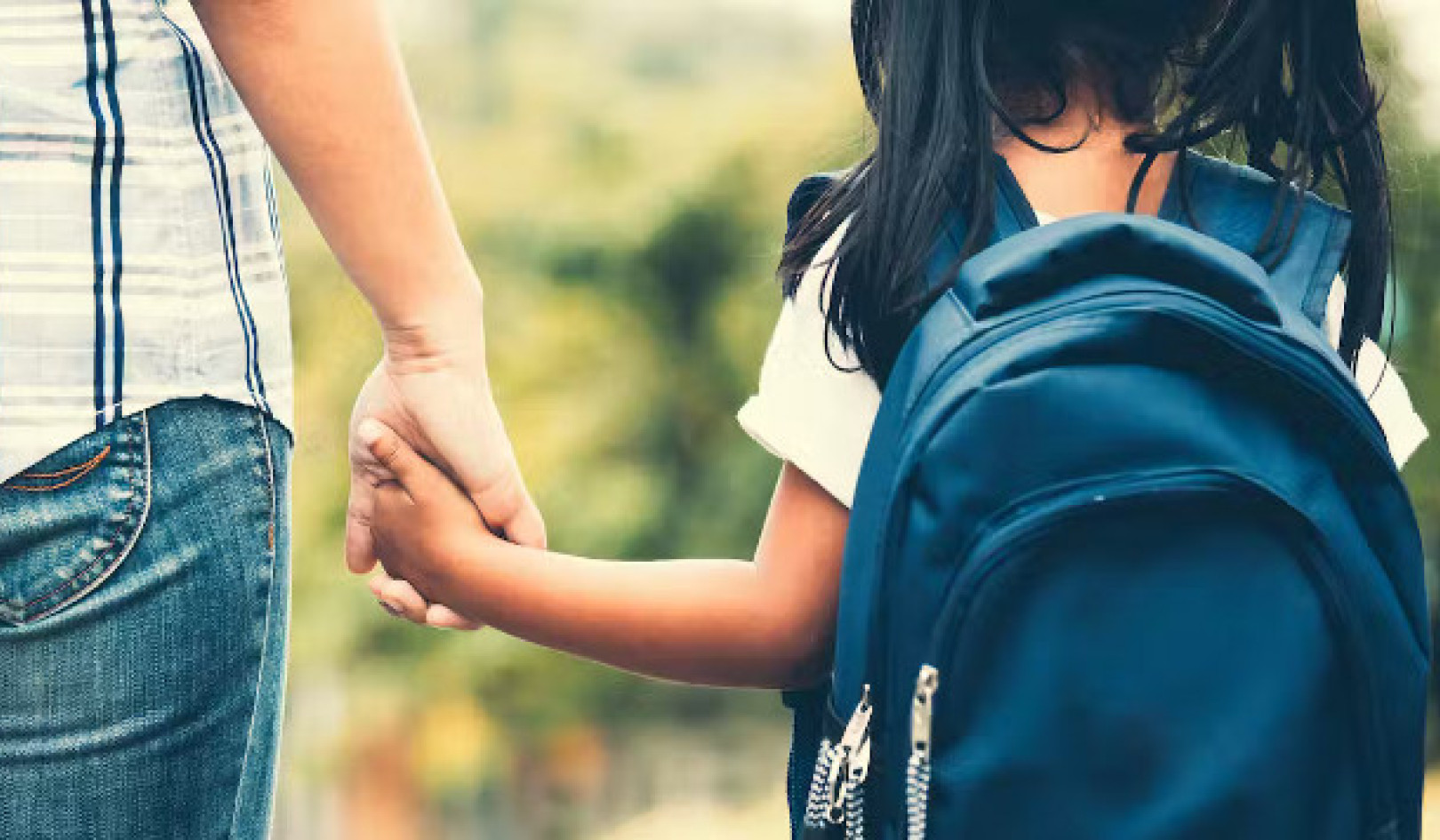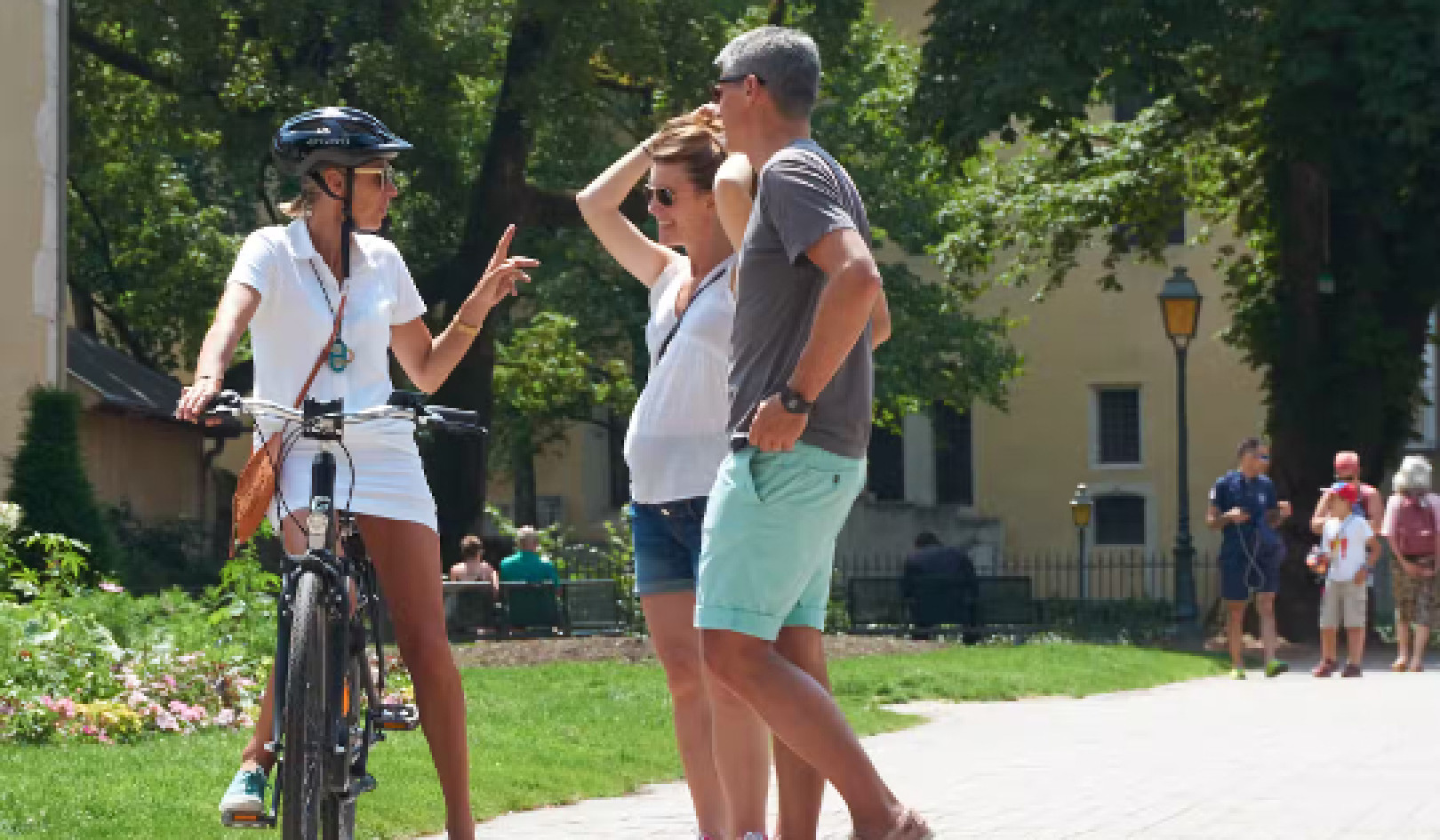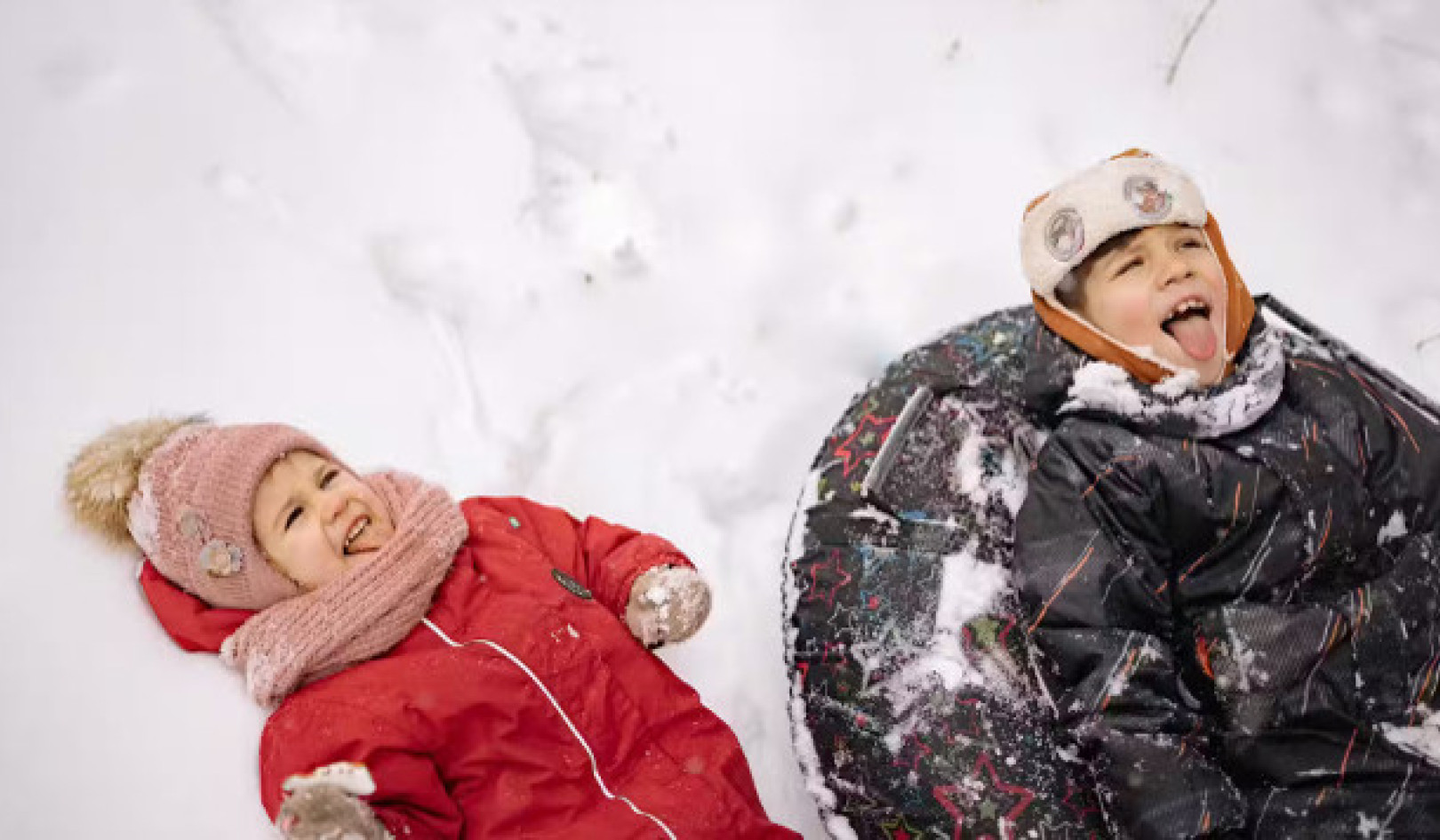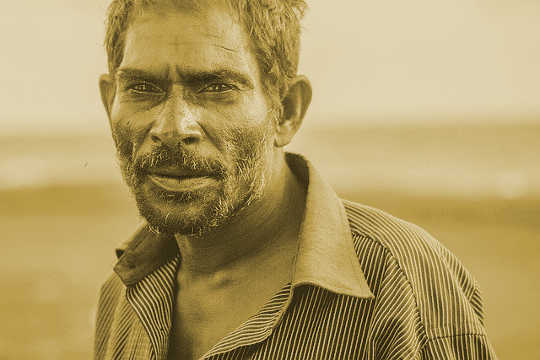
Image by vidarshana Rathnayaka
If you want others to be happy, practice compassion.
If you want to be happy, practice compassion.
— DALAI LAMA, The Healing Power of Meditation
The most difficult act of bravery is often kindness. A veteran career firefighter and I were walking out of the gym. As we turned to go to our cars, we noticed a man on the ground, apparently drunk, lying against the curb in the parking lot. It was one of those city locations where drunks and the homeless congregate. He had tangled, long dark hair and a beard with a touch of gray. He was dressed in old jeans, tennis shoes, and a jacket, with a thin blanket around his shoulders.
Typically, people deal with this kind of situation in one of three ways. The most common is disregard: We don’t see the person; they are invisible. The second is scorn: We assume they are addicts and drunks; less than us. The third is kindness. My friend went over, knelt down, and woke the man up. “Dude,” he said in a nonjudgmental, gentle voice. “You’re going to get hurt if you sleep here.” He helped the man to his feet, and the man continued on his way.
In his career, my friend had encountered hundreds of drunks. I would not have been surprised if he had just rolled his eyes, his compassion withered. But he didn’t; he was kind and compassionate.
Therein lies the practice: small acts of kindness.
There are a hundred reasons not to help a stranger passed out in a parking lot. It’s potentially dangerous. The person might be “crazy,” have a communicable disease, or smell. The situation isn’t our problem, we’re busy and don’t have time, and so on.
Despite all that, my friend offered a helping hand and gentle words.
Opening Your Eyes to Suffering
Becoming a firefighter opens your eyes to suffering. And it is not “drive-by” awareness. We are immediately engaged in the human drama; the blood, the tears, the goop, the smells, and the pain that emanates on the street.
It is transformative.
We learn that everyone has suffered, everyone has a story. Some of those stories, well, you wonder how an individual can still be standing. There was the elderly woman who lived alone, all her belongings packed up and labeled, ready to die, but with no one to talk to except us. The stressed-out professional couple, caring for a father with Alzheimer’s who bolted one night; when we found him walking down the road, he told us he was going home to Cleveland.
Everyone Has A Story
The understanding that everyone suffers changes your perception. You see individuals as more complex, sometimes as wounded, often as struggling with their own demons. But being moved by people’s stories doesn’t necessarily translate into doing something. Empathy doesn’t always translate into compassion, into action.
Being a firefighter, our job is not just to understand, but to help. Our profession is defined by kindness in action, which is transformative.
How? Start by asking the question, What do firefighters get out of it? In the bigger picture, what do any of us get out of being kind? It’s a fair question. Altruism sounds nice, a high and lofty goal, but day to day, in the midst of our busy lives, why be kind? Why make eye contact with the guy begging on the corner? Why risk life and limb to save someone from a fire?
Even ancient religions and philosophies struggle to answer this question, which boils down to: Why put someone else’s interests above your own? I’m not interested in any rewards in an afterlife. What are the practical rewards right now, here, on this planet, in this lifetime?
Choosing Empathy
Imagine this situation. You’re stuck in traffic and late getting home. You’re creeping along when all of a sudden the guy in the car behind you starts banging on his horn and flashing his headlights. You ignore this for a minute, but then you get upset. The honking and flashing continue, even though traffic has come to a complete stop. Other drivers are staring. Finally, you’ve had enough. Angry, you get out of your car to confront the jerk pounding his horn. Before you can say anything, the driver rolls down his window. He is in tears, sobbing. He cries, “My son was in an accident. They’ve taken him to the hospital. He’s going into surgery! I need to get to him. If you just move aside, I can reach the off-ramp.”
In an instant, you change. You tell him, “Follow me!” Back in your car, you lead him onto the shoulder, onto the off-ramp, and bang your own horn as you race together to the hospital.
What happened?
This is the empathic shift. Without much thought, you put yourself in someone else’s shoes; their son could be your child, hurt and alone in a hospital. Your worries about being late drop away and all you care about is helping this stranger.
Later, after the adrenaline rush is gone, you realize it feels good to help someone. It feels good to be needed and provide tangible help. It feels important to momentarily put aside your own concerns and be there for someone who is struggling or in danger. Ask any first responder, and they will describe a feeling of expanded presence; for a moment, they are involved in something larger than themselves.
This is the reward. This is the answer to the question. The action of compassion releases powerful feelings of connection, empathy, satisfaction, and joy.
Helping Others: Doing, Helping, Taking Action
The experience of people suffering is transformative. The action of helping is transformative squared.
Helping takes many forms. We write checks to charities; we sign petitions. But directly touching someone else, knowing you’ve made a specific difference in someone’s life, is the most powerful. The great radical thinker, Jesus, didn’t isolate himself in the temple and pontificate; he went among the people and washed the feet of lepers.
Doing. Helping. Taking action. These are the verbs that truly make a difference.
Daily, we have opportunities to be kind in all sorts of ways. Holding a door open, allowing another driver to turn first, comforting someone in pain, giving up our seat on a bus — all small acts of kindness that can ripple out and give us the feeling of making a difference.
Truthfully, on the fire department, most of what we do are small acts of kindness. On a call, firefighters commonly find small ways to help. They shovel a driveway for someone with chest pains, they help find scared animals after a fire, they put the furniture back. Nothing heroic. But it is what people remember. Except for ten-year-old kids, most people remember the little things, not the big red trucks with lights and sirens.
Kindness Killers
There are obstacles — kindness killers — that interfere with the impulse to be kind. Three of them are the most worrisome and common.
The first is righteousness. Once we responded to a rollover on a snowy January road. We got there to find the driver was drunk but unhurt, while his girlfriend was dead, having been ejected from the SUV. I remember cracking, losing my temper. I felt a wave of righteous anger that eliminated even the idea of feeling kindness or compassion for the driver.
Yet when I went home, I couldn’t help but remember when I was eighteen. My girlfriend and I were driving home in a storm. We’d both had a beer. I lost control of the car, and we did a 360 on the interstate. We both held our breath, and then all of a sudden, we were fine, headed the right way with no traffic around us. We laughed.
Who was I to sit in judgment of this driver? The only difference between the two of us was I had better tires. Righteousness, the belief that we are somehow morally superior, can kill the impulse to be kind. This often plays out with how people treat addicts. If people believe that addiction is a “character flaw,” they judge and condemn the individual. But if people realize addiction is a lifelong disease, they find it much easier to be kind when someone struggles.
Another kindness killer is self-involvement — the feeling that my problems are the most significant problems, that my life is the center of the universe. Of course, everyone gets wrapped up in their own world at times. Sometimes we forget that our problems, in the larger scheme of things, are often small and insignificant.
Being a firefighter is a constantly humbling experience in this regard. When our pager tones out, we are usually thrown into situations where the problems are much larger than our own. It is a constant wake-up call, a reminder to keep things in perspective and to question our own sense of self-importance.
Finally, there is fear. When we are fearful of the suffering of others, we put on blinders so that we don’t see suffering. Our concern is often what would happen if we let suffering in. We fear it might hurt us, that we aren’t strong enough to shoulder it. Therefore, it is best to avoid it altogether.
My advice for coping with fear is twofold. First, accept that we can’t avoid the suffering of others. It is something we all need to prepare for. Best to open yourself to it; best to explore the depth of your kindness.
Second, we are strong enough and our kindness is deep enough to deal with even the most difficult situations. For example, I knew a woman who recently died of ALS. In her last year, her friends gathered around her, took turns feeding her and her family, and bathed her and took her out for walks. No one said, “I can’t handle this.” All rose to the occasion. There are hundreds if not thousands of stories occurring daily that demonstrate the ability to be kind under the hardest circumstances.
Radical Kindness
For every time life asks us, Are you brave?, life offers a hundred opportunities to be kind.
Indeed, personally, I think the road to “enlightenment” isn’t only turning inward with meditation, but turning outward toward the world with “radical kindness.” This is choosing daily to seek out opportunities to be kind, to make kindness your first impulse. Time spent being kind, searching out moments to be kind, will crack the universe open and teach us about ourselves and where we fit.
Radical kindness involves three principles: Do it daily, keep your ego out of it, and don’t expect reciprocity.
1. Do It Daily
First, find daily moments to be kind, seek them out, plan for them to happen. Notice the door that needs to be opened, the woman in a rush whom you can let cut in front of you, or the child lost in the store. These moments are endless; we just need to see and seize them. These acts often take only seconds or minutes, and they require only a shift in our perspective.
2. Keep Your Ego Out of It
Have you ever held a door for someone who rushes by and says nothing? Did you feel slighted or put down, maybe a little invisible? That’s your ego speaking.
Our egos are like balloons being inflated. Left unchecked, they will grow and take over our lives, until, you guessed it, something bursts them (which, trust me, will happen). An inflated ego gets upset if it’s not immediately thanked and appreciated. “Wait,” the ego says, “how can you not thank me for my brilliant act of kindness!? I opened a door for you!”
Our egos believe the world revolves around them. The ego is the self, weaponized: It defends, it attacks, it rationalizes, it lies. Its job is to protect you from any wounds, real or imagined.
When others cut in front of you on the interstate, beware of your ego: Is it really important for you to be one more car length ahead? Or is it more valuable and helpful — and egoless — to let the driver in?
3. Don’t Expect Reciprocity
Let go of the idea of reciprocity. Altruistic reciprocity — I will do something good for you with the understanding that there will be payback — is built into human nature. The reward for radical kindness is in the act itself. The reward is that we’ve helped someone in need and that is enough.
We will not be perfect at this, and perfection is not the point. The point is learning the impact on ourselves and others of our acts of kindness. The point is expanding our sense of self, growing that sense that we are making a difference, however small, in this universe.
Field Notes: Acts of Kindness
- The practice, if you are so inclined, is to pursue an act of kindness (or more) each day.
- These acts don’t have to be grand gestures; little actions work.
- Recall the three principles of radical kindness:
- Do it daily: Be intentional. Consciously look for opportunities to act in someone else’s interest. Simple actions done for someone else can make a big difference.
- Keep your ego out of it: Be forgiving. People are busy, people are self-involved. There is little we can do about that. But when we shift from “me-centered” to “other-centered” for a few moments, we can experience being “egoless.” It is a powerful and positive feeling. Open the door and don’t worry about being thanked.
- Don’t expect reciprocity: The goal is to be a positive force in the world, regardless of the consequences.
- Make it a habit. We can find simple pleasure every day by being kind.
©2020 by Hersch Wilson. All Rights Reserved.
Excerpted with permission of the publisher.
Publisher: New World Library.
Article Source
Firefighter Zen: A Field Guide to Thriving in Tough Times
by Hersch Wilson
 “Be brave. Be kind. Fight fires.” That’s the motto of firefighters, like Hersch Wilson, who spend their lives walking toward, rather than away from, danger and suffering. As in Zen practice, firefighters are trained to be fully in the moment and present to each heartbeat, each life at hand. In this unique collection of true stories and practical wisdom, Hersch Wilson shares the Zen-like techniques that allow people like him to stay grounded while navigating danger, comforting others, and coping with their personal response to each crisis. Firefighter Zen is an invaluable guide to meeting every day with your best calm, resilient, and optimistic self.
“Be brave. Be kind. Fight fires.” That’s the motto of firefighters, like Hersch Wilson, who spend their lives walking toward, rather than away from, danger and suffering. As in Zen practice, firefighters are trained to be fully in the moment and present to each heartbeat, each life at hand. In this unique collection of true stories and practical wisdom, Hersch Wilson shares the Zen-like techniques that allow people like him to stay grounded while navigating danger, comforting others, and coping with their personal response to each crisis. Firefighter Zen is an invaluable guide to meeting every day with your best calm, resilient, and optimistic self.
For more info, or to order this book, click here. (Also available as a Kindle edition and as an Audiobook.)
About the Author
 Hersch Wilson is a thirty-year veteran volunteer firefighter-EMT with the Hondo Fire Department in Santa Fe County, New Mexico. He also writes a monthly column on dogs for the Santa Fe New Mexican.
Hersch Wilson is a thirty-year veteran volunteer firefighter-EMT with the Hondo Fire Department in Santa Fe County, New Mexico. He also writes a monthly column on dogs for the Santa Fe New Mexican.






















